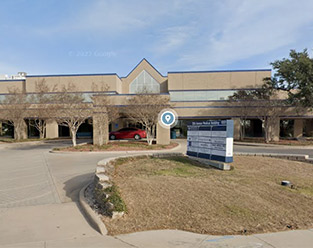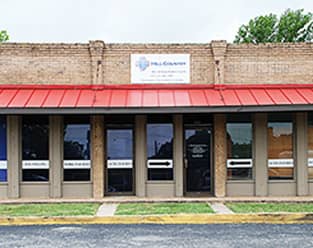What Is a Concussion? How To Know If You’ve Suffered a Concussion
 Statistics indicate that as many as 3.8 million Americans seek treatment every year for some level of concussion and that up to 10% of such injuries go unreported. Concussions are known to have potentially serious consequences. Knowing the telltale symptoms of a concussion can lead to early diagnosis and treatment, which can dramatically increase the odds of a positive result.
Statistics indicate that as many as 3.8 million Americans seek treatment every year for some level of concussion and that up to 10% of such injuries go unreported. Concussions are known to have potentially serious consequences. Knowing the telltale symptoms of a concussion can lead to early diagnosis and treatment, which can dramatically increase the odds of a positive result.
What Is a Concussion?
A concussion is a form of traumatic brain injury caused by some external force, blow, or bump to the head. When perceived to be mild (some 75-90% of traumatic brain injuries are so categorized), it is medically referred to as a “concussion.” It’s important to understand, though, that while a concussion is referred to as a “mild traumatic brain injury,” it has the potential for serious consequences if not timely and properly treated.
How Do You Know If You’ve Suffered a Concussion?
The warning signs of a concussion or other traumatic brain injury typically fall into three distinct categories: physical symptoms, cognitive and behavioral indications, and perceptual or sensory responses.
What Are the Physical Warning Signs of a Concussion?
With virtually any bump or blow to the head, a headache can be expected. If it persists for more than a couple of hours, though, it may be symptomatic of a concussion or more serious traumatic brain injury. You can expect some level of nausea or vomiting after a head injury, but it should also be temporary. The longer it persists, the more likely your injury is serious.
Other physical signs of a concussion include:
- Vision problems, such as dilated pupils, double vision, or blurring
- Drainage of fluid from your ears or nose
What Cognitive or Behavioral Changes Indicate a Potential Concussion?
While you don’t need to lose consciousness to be diagnosed with a concussion, even a momentary loss of consciousness is a clear indication of at least a mild TBI. If you don’t regain consciousness for more than 30 minutes, it’s likely you’ve suffered a moderate-to-serious traumatic brain injury.
A concussion may also cause:
- Changes in your sleep patterns, whether manifesting as insomnia or increased sleeping
- Confusion or disorientation, where you are having difficulty understanding communication with others or perceiving what is going on around you
- An inability to remember, concentrate, or make decisions
How Will a Concussion Change Your Perceptual or Sensory Abilities?
Not surprisingly, when you’ve had a bump or blow to the head, you can expect to experience some level of dizziness, vertigo, or loss of balance. With a concussion, you should expect those changes to be short-lived. If they last more than an hour or so, it’s likely that your head injury is more serious.
Other ways a concussion can alter your perception or sensations include:
- An odd or bad taste in your mouth, even though you haven’t eaten anything
- A heightened sensitivity to noise, light, smell, touch, or taste
- Uncharacteristic mood swings, including listlessness, agitation, or aggressive behavior
- Uncharacteristic depression or anxiety
- Excessive fatigue or lack of energy
Contact Us To Set Up an Appointment With a Proven Concussion Specialist
At Advantage Healthcare Systems, we have extensive experience working successfully with individuals who suffer any type of head injury in an accident, including a concussion. We have the skill, knowledge, experience, and resources to conduct a thorough assessment of your injury. We can develop and monitor a program for care or, when necessary, refer you to a specialist, such as a neurologist or physiatrist, for targeted treatment. Call us toll-free at 1-877-487-8289 or fill out the form provided below to schedule an assessment. We offer locations across Texas, including Fort Worth, Dallas, and San Antonio.





